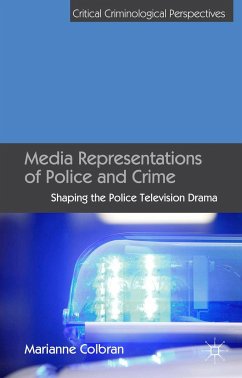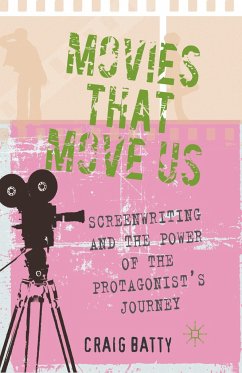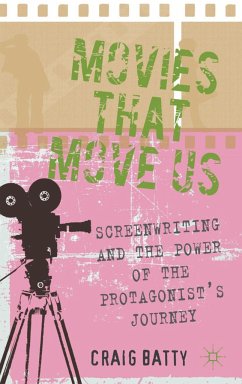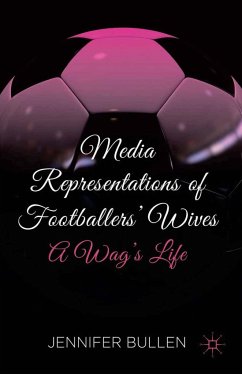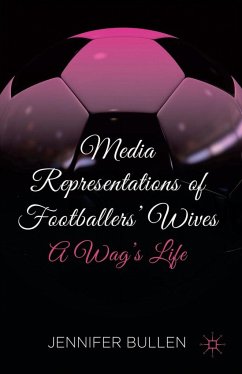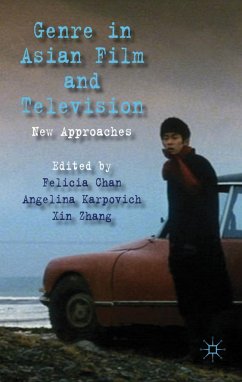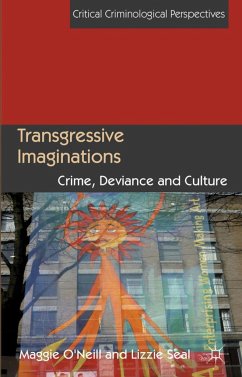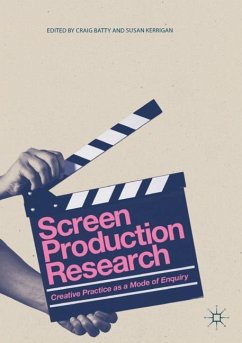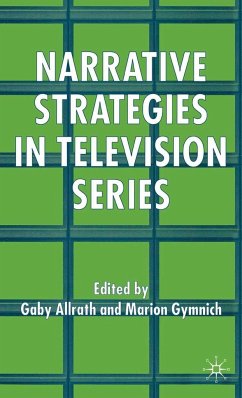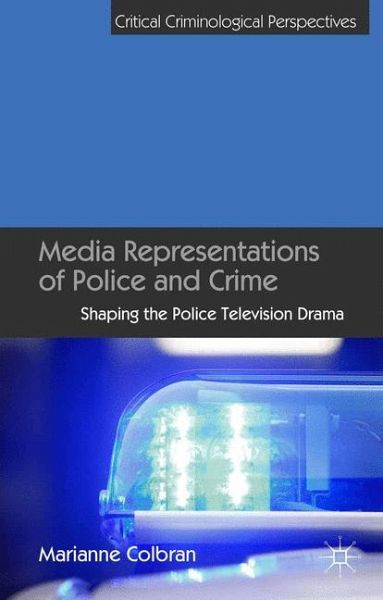
Media Representations of Police and Crime
Shaping the Police Television Drama
Versandkostenfrei!
Versandfertig in 6-10 Tagen
76,99 €
inkl. MwSt.
Weitere Ausgaben:

PAYBACK Punkte
38 °P sammeln!
This unique book explores the social processes which shape fictional representations of police and crime in television dramas. Exploring ten leading British and European police dramas from the last twenty-five years, Colbran, a former scriptwriter, presents a revealing insight into police dramas, informed by media and criminological theory.





